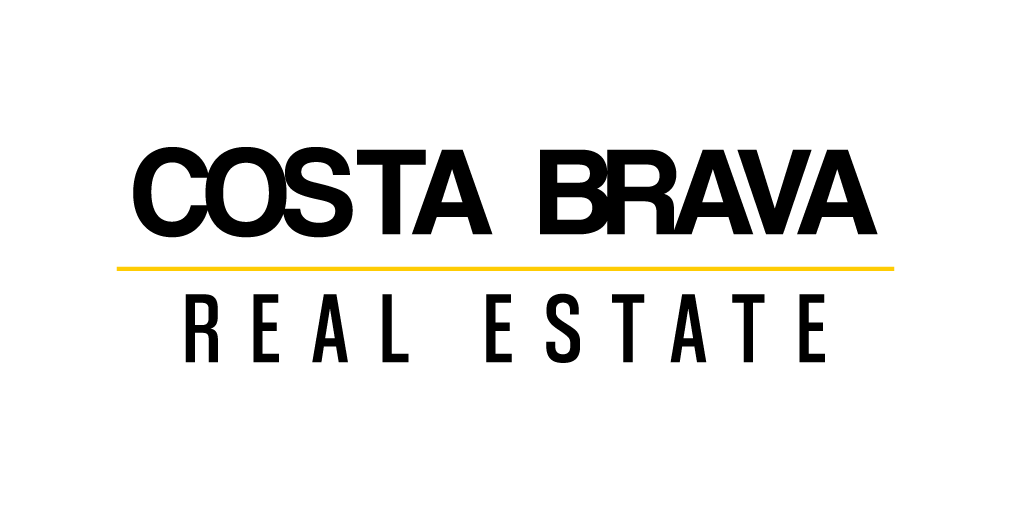Starting new Houses through the mutual assistance of existing Oxford Houses is a tradition because each House was started with the help of existing Houses and tends to pass on to others that which they received. Once more applications are received than there are beds available, the members of any Oxford House will begin to look around for another suitable house. When they find such a house they will bring it up with the other existing Houses and if there is a consensus they will attempt to find the start up money and members to fill the new house.
This study also found that children present in Oxford Houses positively impacted both parents and other members, and that the well-managed and governed recovery homes posed minimal risks to neighbors. Oxford Houses are a community-based, mutual-help residential community where participants seeking recovery from substance use disorders must obtain jobs, pay utility bills, and refrain from disruptive behavior. Sober living homes don’t require accreditation, a state license or oversight from a behavioral health care provider.
How Do I Get in an Oxford House?
Using this cost-effective way to improve the chances of recovery from addiction may be the best way to show the community that recovery works and that recovering addicts can become model citizens. Yes, the prospective residents of the House can find a suitable house, rent it, put up the security deposit and pay the first month’s rent themselves. Oxford House Recovery Homes: Characteristics and Effectiveness PMC Oxford House, Inc. will consider favorably a Charter application whether or not a loan is received from the State or some other outside source. This was the purpose of the first Oxford House established in 1975, and this purpose is served, day by day, house after house, in each of over 2000 houses in the United States today.

These houses foster peer-supported communal living, self-governance, and self-help, allowing residents to support each other in their efforts to abstain from alcohol and substance use. Being community-based, the Oxford House Model has helped numerous individuals recover from addiction with nearly 3,000 houses in the United States and other countries. The goal of sober living homes is to monitor and improve health, safety and wellness using peer support.
Who Starts and Manages Oxford Houses?
The dissatisfaction was in part the realization that we were shirking responsibility for our own lives and in part a resentment of authority. The third factor affecting us both in the rehabilitation facilities and the half-way houses was the realization that the duration of our stay must be limited because space must be made for others in need of help. Most homes house between eight and 15 members, with most staying about a year. To begin the admission process, you must fill out an Oxford House application.
Former residents and treatment alumni may visit regularly to provide additional guidance and support. Sober living homes usually house only same-sex residents and require residents to complete either a detox program or an inpatient rehab program before moving in. Additionally, residents must agree to a number of rules when they move in.
DePaul University Research on Oxford House
These factors allow them to support each other in their efforts to abstain from alcohol and substance use. Each Oxford House is managed by its residents, with each https://g-markets.net/sober-living/20-natural-alcohol-detox-supplements-and-vitamins/ member having equal responsibilities and rights. The members follow house rules and are expected to contribute to maintaining a clean and safe living environment.
Oxford House, Inc. acts as the coordinating body for providing charters for the opening of new Oxford Houses. It also acts as the coordinating body to help individual houses to organize mutually supportive chapters. Through chapters individual houses are able to share their experience, strength and hope with each other to assure compliance with the Oxford House concept and its respected standardized system of operations. Oxford Houses are democratically self-run by the residents who elect officers to serve for terms of six months. In this respect, they are similar to a college fraternity or sorority.
Jason and Ferrari randomized 150 individuals to live in either an Oxford House or (receive community-based aftercare services (usual Care)). Residents usually sign a contract or written agreement outlining all of the rules and regulations of living at the sober living home. Sober living homes are known for strictly enforcing rules, and violations usually result in eviction.
- Equal Expense Shared (EES) is generally between 80 and 160 dollars a week and includes utilities.
- Schriver said he would vote against the resolution because he believed in the “God-given right to free speech.”
- Alcoholics and drug addicts seem to have a tendency to test and retest the validity of any real, potential, or imagined restriction on their behavior.
- Arrange for an interview with the current House members, who will vote on your acceptance.
Oxford House provides a supportive and sober living environment for individuals recovering from drug and alcohol addiction. As a democratically run, self-supporting, and drug-free home, it has helped many people in their journey towards sobriety. By comparison to other facilities, Oxford House is unique in its approach by offering structure and accountability without the supervision of professional staff. One of the greatest threats to the sobriety of a recovering alcoholic or drug addict is loneliness. At a time when we acquired a serious desire to stop drinking or using drugs, many of us had lost our families and friends because of our alcoholism and/or drug addiction. Too often, newly recovering alcoholics and drug addicts are faced with the necessity of living alone and of relying solely on contacts with Alcoholics Anonymous and Narcotics Anonymous to stay sober.
